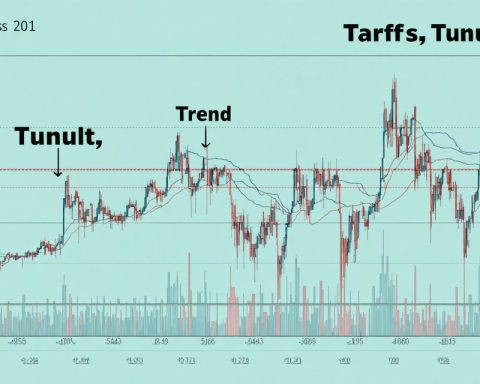The exponential rise of artificial intelligence (AI) has been reshaping the technological landscape, and a burgeoning player in this arena is BigBear AI. Designed to revolutionise how smartphones interact with users, BigBear AI integrates advanced predictive analytics and machine learning algorithms to create an ultra-personalised experience.
This innovative technology interprets user behaviour by analysing data usage patterns and preferences, which means your smartphone will not only respond to your current needs but anticipate future ones. Imagine a world where your device suggests the next app before you even think of it or adjusts the settings autonomously to suit your environment, all powered by AI that learns and adapts just like a human.
BigBear AI’s significance extends beyond mere convenience. The technology is poised to enhance security features through improved biometric recognition. By learning intricate user habits, BigBear AI can identify unauthorised access, thus potentially preventing breaches before they occur.
Adopting BigBear AI universally may lead to a broader impact on app development. Developers now have a fresh challenge: optimising applications to complement AI’s predictive capabilities, transforming how apps function alongside these intelligent systems.
While the potential benefits are immense, the implications of integrating BigBear AI in smartphones also spark discussions about privacy. How manufacturers navigate this balance could define the future of AI-driven tools. In a rapidly evolving tech world, BigBear AI dares to ask: is your smartphone prepared for the leap into a truly intelligent era?
Unveiling BigBear AI: A Paradigm Shift in Smartphone Intelligence
The emergence of BigBear AI marks a significant leap forward in the capabilities of smartphone technology. As artificial intelligence continues to reshape the way we interact with our devices, BigBear AI distinguishes itself through its advanced integration of predictive analytics and machine learning algorithms, promising an unprecedented level of personalisation.
How Does BigBear AI Transform User Experience?
BigBear AI leverages sophisticated data analysis to anticipate user needs before they arise. By examining patterns in data usage and user preferences, it empowers smartphones to not only act in real-time but predictively modify settings and suggest applications. Imagine your phone autonomously optimising its environment settings based on where you are or recommending apps that align with your activity patterns—this is the reality BigBear AI aims to create.
Security Enhancements with BigBear AI
Beyond personalisation, BigBear AI is set to redefine smartphone security. The technology improves biometric recognition by analysing intricate user behaviours, enhancing the device’s ability to detect unauthorised access. Such advancements could significantly reduce the risk of security breaches, offering peace of mind to users by proactively safeguarding personal data.
Impact on App Development: A New Horizon
For app developers, the integration of BigBear AI presents both a challenge and a groundbreaking opportunity. Developers must now innovate to create applications that synergise with AI’s predictive powers, potentially transforming the app ecosystem. This shift demands a new approach to app functionality, with developers aiming to harness the full potential of AI-driven intelligence.
Privacy Concerns and Industry Implications
The introduction of BigBear AI into smartphones inevitably raises concerns regarding user privacy. As technology becomes more adept at learning user habits, the responsibility falls on manufacturers to implement robust privacy frameworks. Navigating these concerns will be crucial in shaping public perception and acceptance of AI-driven tools in daily life.
Future Prospects: Is Your Smartphone Ready?
BigBear AI challenges the current limits of smartphone intelligence, questioning whether today’s devices are prepared for such an evolution. As the technology garners traction, its future implications on the tech industry could redefine how users and devices coexist in a digitally connected world.
For more information on AI innovations and how they are influencing the tech landscape, visit Wikipedia.



















